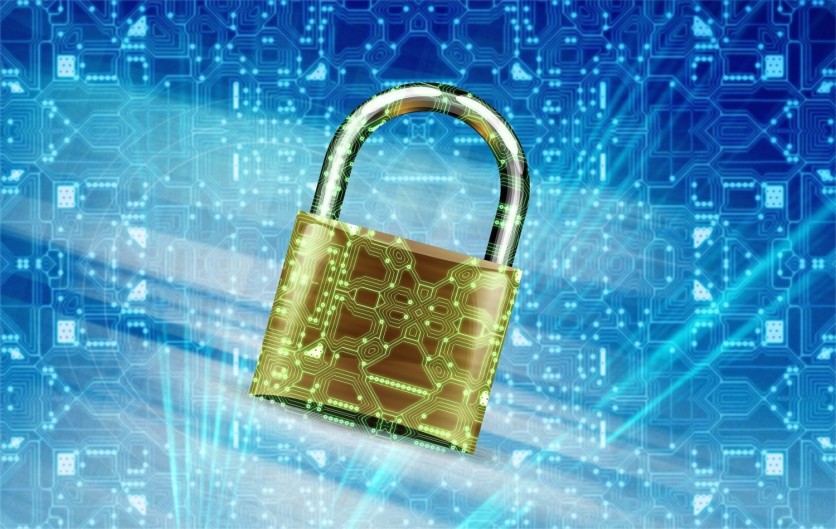
It's the twenty-first century. You live fast and we live surrounded by technology. Technology became a huge part of your life. When you wake up, before brushing our teeth, you check your social networks. Every spare moment you have, you spend texting. Your TV is always on, and you don't even go to the bathroom without a cell phone. Because technology and the Internet are such a huge part of your daily life, you have to be aware of all the risks related to them.
You don't know who is on the other side
When it comes to using the Internet, its purpose is to facilitate our communication and inform us. If you are interested in social networks and care about likes and followers, you probably post a lot on your accounts. These posts often include personal data. When you post them, you don't have bad intentions, and you don't have any reasons to hide something. The problem is, that you don't always know who is reading your posts or looking at your pictures. If you accidentally offend someone, in any possible way, and the person in question has some mental health issues, you are no longer safe. Accessing your phone number or address is much easier if you share them yourself.
You don't want to be hacked
With many accounts on different platforms, be it for communication, entertainment or work, you have a lot of passwords. It's indeed difficult to remember all these passwords, but if you have the same password for multiple accounts, you are making a huge mistake. Specifically, you are making it easier for a possible hacker to hack your data. If he cracks one password, he has access to every account. This allows him to abuse your personal data or your pictures. Even if you don't think you are someone who is in danger from this, you should be very cautious.
Identity theft
Another dangerous aspect of using the Internet is the fact that identity theft can easily occur. The ways for this to happen are numerous. Some of the tactics used for this are phishing, pharming or malicious software. The most famous one is phishing. Phishing occurs when you receive and open emails and then click on malicious links. When you do this, you provide cybercriminals with your personal data. Similar to phishing, pharming occurs when your browser is hijacked, and it takes you to fake sites. Malicious software includes downloading malware that attacks your computer and steals your information.
Other people could be in control over you
When banks decide whether to give you a loan or not, your personal data is very important. If you don't properly protect your data online, you don't know who could be using it and for what purposes. If you can retain your privacy, you limit the government's power. Personal data doesn't just affect your reputation; it can also be used to harm you. If you want to keep your social and political activities private, you need to make sure to protect your privacy with a Virtual Private Network. You have the freedom to think and say what you want, and you shouldn't let anyone use your data as a tool to harm you.
You want to have boundaries
Finally, there are parts of your life you don't want to share with everyone. You are entitled to decide whether you want to share something or not, and how much of it you want to share. The image you have online plays a huge role in your reputation. If you can prevent your reputation from getting harmed, you should. Especially when you realize that reputation is important for making new friends or for new employment. Not everyone should know everything about you. You have to keep in mind that privacy is a good thing and that it helps when you don't make everything public. This is why protecting your personal data is very important.
Conclusion
The Internet is undoubtedly useful, but if it's not used properly, it can also be very dangerous. It does make your life easier, but it can put your personal data at high risk. Make sure that you are aware of all the possible risks, and then find ways to prevent them.
ⓒ 2025 TECHTIMES.com All rights reserved. Do not reproduce without permission.




